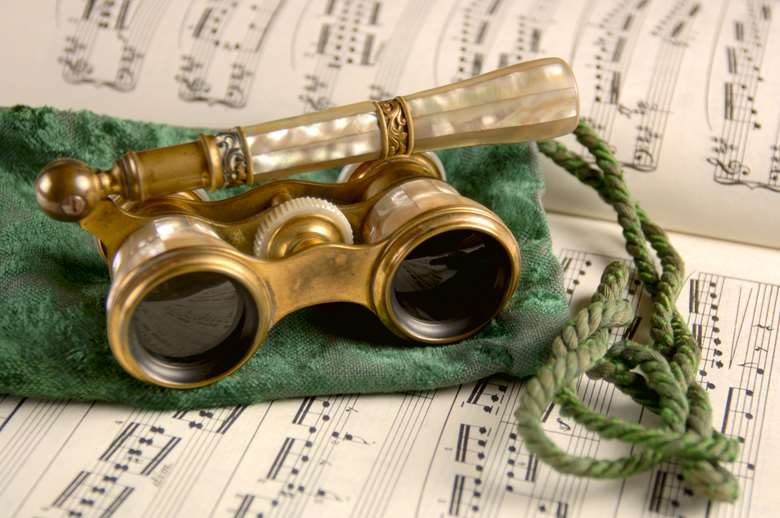The Long View | Elitism State of Mind
Andrew Mellor
Thursday, December 2, 2021
Let’s leave ticket pricing to the economists; where elitism exists, it lies deep within ourselves, our assumptions and our society


Register now to continue reading
Don’t miss out on our dedicated coverage of the classical music world. Register today to enjoy the following benefits:
- Unlimited access to news pages
- Free weekly email newsletter
- Free access to two subscriber-only articles per month